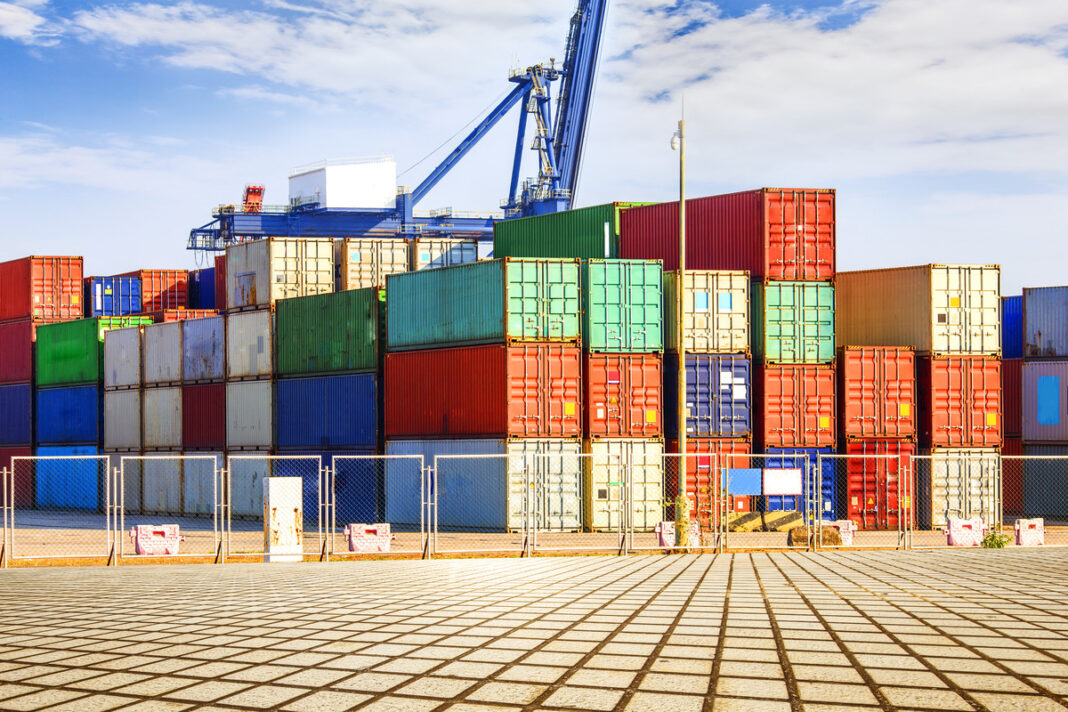Assess your needs and requirements in business before looking for used shipping containers for sale. These versatile containers be put to many uses; you can have them for storage purposes or to facilitate transportation of goods and commodities to get to their destination faster. Since the options are diverse, it is essential to confirm what you require before purchasing.
With this guide, you can get around the process to eventually find a shipping container that meets your business needs and budget. Let’s get right into the factors you should consider when making this long-term investment.
Understanding Your Purpose for Used Shipping Containers
The first move in your assessment process should be to define the purpose of used shipping containers. Each business has its unique needs, and understanding how these containers will serve your operations is crucial for making the right choice.
Storage Solutions
Many companies consider using recycled shipping containers for storage. It offers a safe, weather-resistant space that will store your inventory, equipment, or seasonal items. Calculate how much storage you’ll need and whether you can make do with a single container or whether you’ll need multiple ones. Managing your stock turn and seasonal storage needs will let you have a good estimate of the number and size of containers you’ll need.
Transport Needs
Shipping containers provide logistics or shipping companies with ease in transporting products. Since shipping containers are versatile in the type of transportation, you can easily load them on a truck, ship, or train. First, consider your shipping volume and frequency in order to know if a container will improve your logistics strategy.
Modifications
Shipping containers can also be customized to suit any business. A container can become an office, a retail space, or even a workshop. When you have made up your mind to customize a shipping container, you should draft your ideas to which kind of changes you will make. This will allow you to choose a shipping container that suits your intended design ideas yet still serves the purpose.
Evaluating Space Requirements
One of the most important things you should do is evaluate your space needs when using used shipping containers. Begin by measuring the area you want to place the shipping container in, determining any existing obstructions like trees and buildings that can hinder easy access to it. This would provide ample space for easy entry and exit, especially if loading and unloading take place numerous times.
You will be able to get shipping containers with lengths ranging from 10 to 40 feet. The choice of a suitable size depends on several factors. If you have less inventory, then a 10- or 20-foot container would be good enough for you, but if you have more, then a 40-foot option might be ideal for you. The next thing to determine is your business growth. Being able to expand into a container can prove to be very useful over time.
Identifying Budget Constraints
Cost Considerations
Prices for second-hand shipping containers vary drastically with regard to the size, condition, and location. On average, most small-sized containers are less pricey, while larger ones seem to be more expensive. When assessing its cost, there is a need to factor in any expense you might receive after acquiring your preferred container, such as transport cost, modifications, and maintenance. Research will also help one comprehend the approximate cost for the type of container you need, hence making it easier to decide on a feasible budget.
Financial Planning
Once you have a clear understanding of potential costs, develop a financial plan that outlines how you will fund the purchase. Consider whether you will pay upfront or seek financing options, such as loans or leasing agreements. Establishing a budget that includes all associated costs will prevent unexpected financial strain and ensure you can make a sound investment in used shipping containers for sale.
Determining Essential Features
Emphasize the features that would be beneficial to your business and see to it that the container will serve your purpose. Carefully check on the condition of the container. Find any sign of rust, dents, or structural problems. To protect your items most effectively, you need to look for a well-maintained container. You shouldn’t accept containers with significant damage since it will be bothersome to repair them later on.
Security features are also important. Consider containers with locking mechanisms or reinforced doors to safeguard your assets. If your business stores valuable items, prioritize security to prevent theft. Think about insulation and ventilation. If you plan to store temperature-sensitive goods, choose containers designed to maintain a stable environment. Proper ventilation prevents moisture buildup, which can damage stored items.
Researching Suppliers and Options
Researching suppliers and options ensures you make an informed decision when buying used shipping containers for sale. Start by identifying potential sellers in your area. Check online marketplaces, local container yards, and classified ads. Gathering multiple options will give you a clearer picture of what is available.
Look for reputable suppliers with positive reviews. Customer feedback often reveals the reliability of a seller. Pay attention to ratings and comments about product quality and customer service. A trustworthy supplier will provide accurate information about container condition and pricing.
Compare your options based on price, features, and location. Request quotes from several sellers to gauge the average market price. Make sure to ask about delivery options and any additional fees that may apply.
Taking the time to research suppliers and compare choices will lead to a better investment in used shipping containers for sale, aligning with your business needs.
Key Takeaway
First, assess your business needs before buying used shipping containers for sale. Take into consideration the purpose, space in terms of requirements, and budget constraints to choose the most fitting one with the essential features from a reputable supplier. This makes sure that you pick the right container to attain your operational goals effectively for your business.


